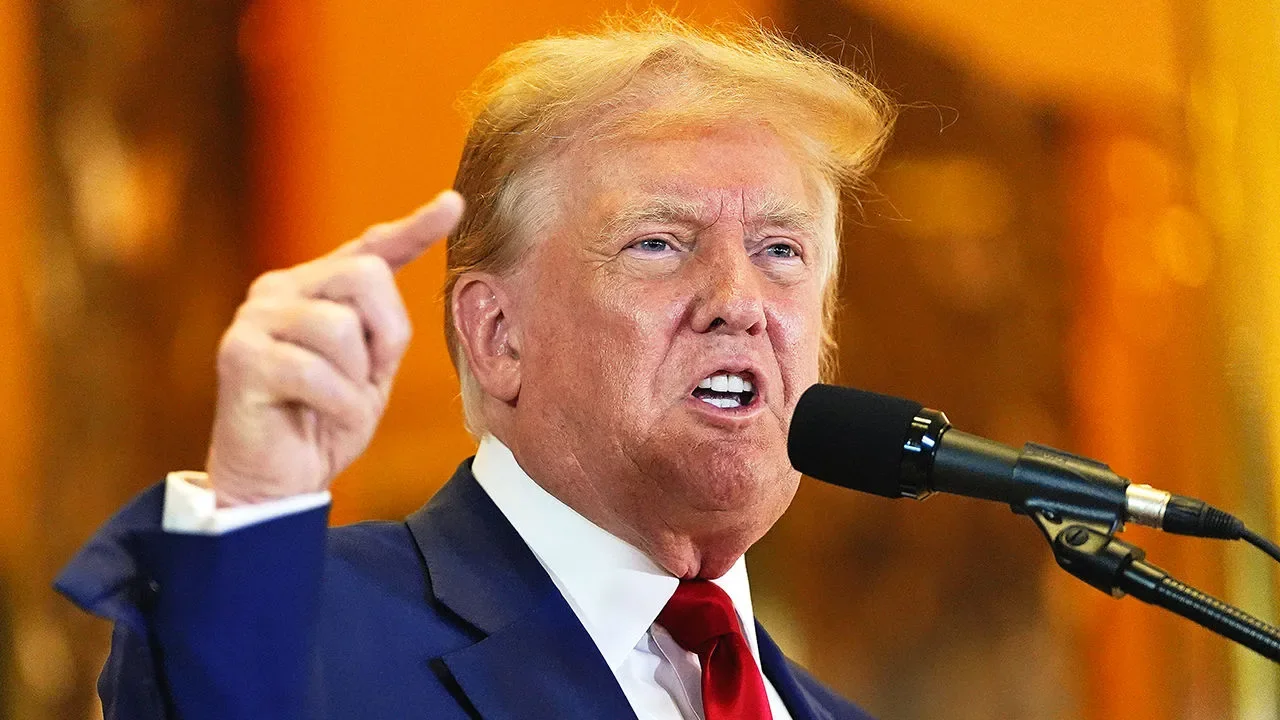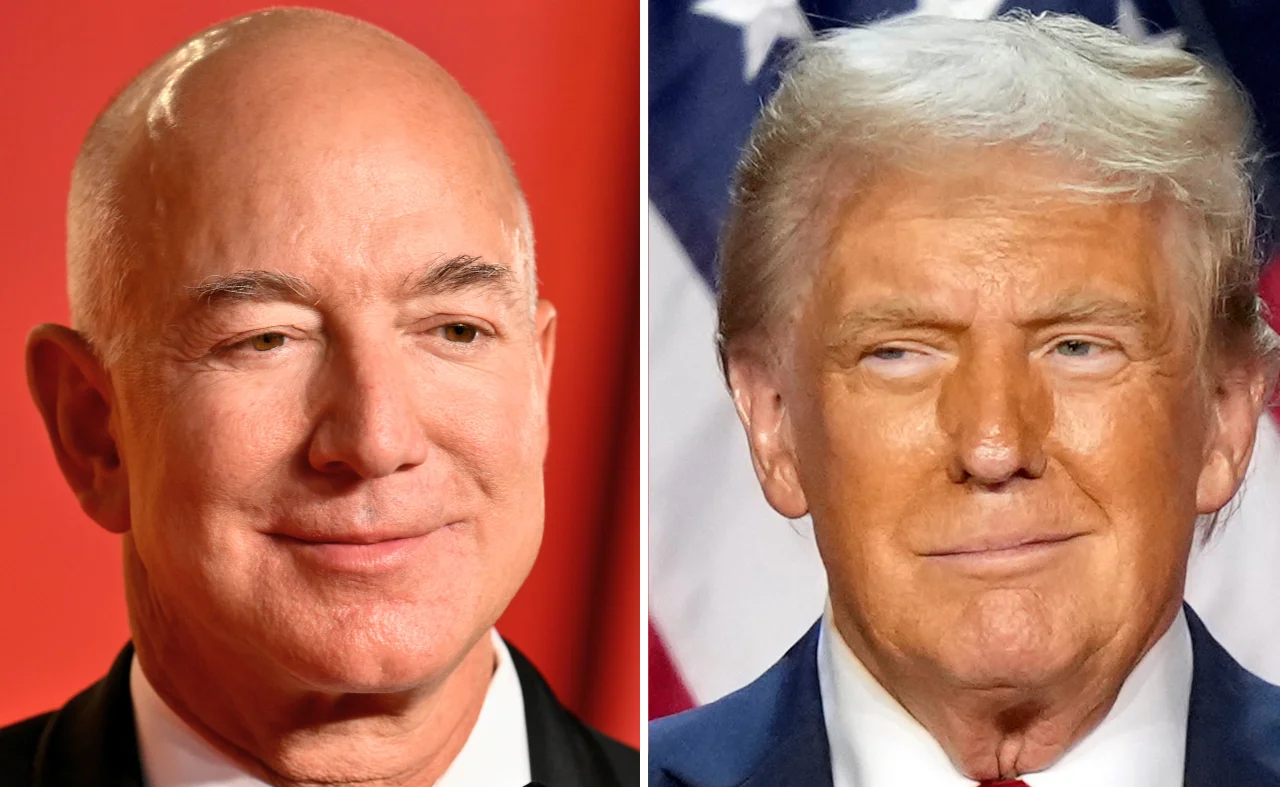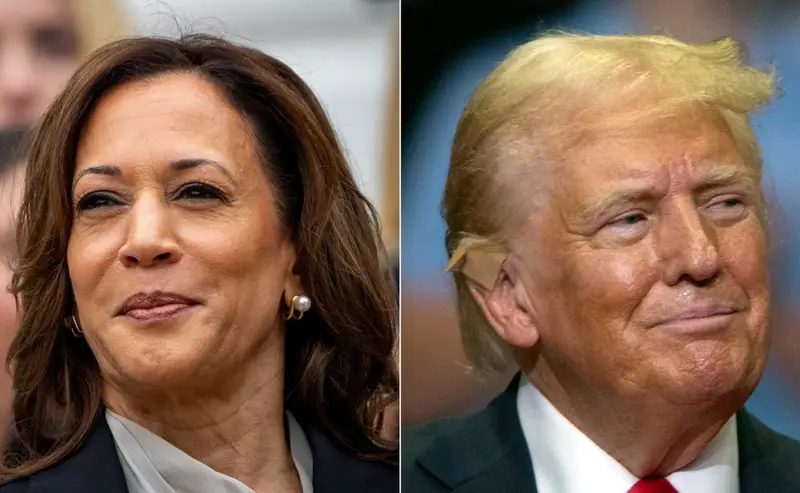Greenland’s Prime Minister, Mute Egede, firmly rejected Donald Trump’s latest suggestion that the United States should purchase Greenland, delivering a clear and defiant message. “Greenland is ours. We are not for sale and will never be for sale. We must not lose our long struggle for freedom,” Egede stated in response to Trump’s comments.
Trump, now 78, has once again expressed interest in Greenland, calling it a strategic necessity for the United States. His comments came on Sunday night, alongside his announcement of PayPal co-founder Ken Howery as his nominee for ambassador to Denmark. Trump described Greenland as essential for “National Security and Freedom throughout the World” and emphasized the importance of U.S. ownership and control of the territory.
This isn’t the first time Trump has suggested acquiring Greenland. During his first presidential term, he floated the idea publicly, only to be met with strong opposition from Danish authorities, who reiterated that Greenland is “open for business, not for sale.” Despite the firm rejection, Trump has persisted in his musings about territorial expansion, including provocative remarks about annexing parts of Canada, reclaiming control of the Panama Canal, and now revisiting the Greenland issue.
Greenland, the world’s largest island, is an autonomous Danish territory. It spans roughly 836,000 square miles, making it geographically significant and strategically valuable. With a population of approximately 55,000, Greenland governs itself through its parliament but relies on Denmark to fund more than half of its public budget. The island is rich in minerals and holds vital importance for military strategy, Arctic sovereignty, and emerging shipping routes as ice sheets continue to melt.
Trump’s renewed interest in Greenland has stirred discussions about the island’s geopolitical and economic significance. While he has highlighted the potential benefits of U.S. control over Greenland, including enhanced national security and influence in the Arctic, he has not presented a detailed plan or proposed a specific price for such a purchase. Analysts and experts remain skeptical, with some pointing out that any successful acquisition would require substantial incentives to gain the support of Greenland’s population.
The Charter Cities Institute, a Washington-based nonprofit organization, has examined the feasibility of a potential Greenland purchase. According to their analysis, a deal would only be viable if it included an extraordinary financial offer that appealed to all Greenlanders. For instance, they proposed a hypothetical $500 billion deal, which would provide every citizen with approximately $8.7 million. However, even with such an offer, the likelihood of Greenlanders agreeing remains low due to strong public support for independence.
Polls from recent years reflect Greenlanders’ mixed sentiments toward international relations. In a 2019 poll, two-thirds of respondents supported full independence from Denmark. Meanwhile, a 2021 survey revealed that 69% of Greenlanders favored closer cooperation with the United States, while 68% also supported strengthening ties with Denmark. This demonstrates that while Greenlanders value international partnerships, their commitment to autonomy and national identity remains a priority.
Historically, the United States has expressed interest in Greenland. In 1946, the U.S. offered Denmark $100 million in gold for the island—a sum equivalent to around $1.4 billion in today’s currency. However, this valuation did not account for Greenland’s natural resources or its modern-day strategic importance. In contrast, Trump’s vision of acquiring Greenland would likely involve a far greater financial investment, given its current geopolitical value.
Under President Joe Biden, the U.S. has shifted its approach toward Greenland. Biden’s administration has ruled out any plans to purchase the island, focusing instead on strengthening diplomatic and commercial ties. In 2021, Secretary of State Antony Blinken confirmed that the U.S. was no longer pursuing a purchase. During a visit to Greenland, Blinken emphasized the importance of partnership over ownership, stating, “I am in Greenland because the United States deeply values our partnership and wants to make it even stronger.”
The U.S. reopened its consulate in Greenland’s capital, Nuuk, in 2020 and pledged $12 million in aid for civilian projects. Greenland’s Prime Minister Mute Egede welcomed these efforts, describing the current period as “the beginning of a new era” in Greenland-U.S. relations. His left-wing government, which includes the pro-independence Naleraq party, has expressed interest in exploring opportunities for greater cooperation with the United States, such as a potential free trade agreement.
Despite these positive developments, Trump’s comments have reignited concerns about U.S. intentions. His previous attempts to acquire Greenland, coupled with recent remarks about other territorial ambitions, have drawn both criticism and speculation. While Trump has pointed to the strategic and economic advantages of owning Greenland, it is unclear whether such aspirations align with the wishes of Greenland’s population or the broader geopolitical realities.
For now, Greenland remains steadfast in its position. Prime Minister Egede’s statement—”We are not for sale”—underscores the island’s determination to protect its autonomy and preserve its identity. As the world’s focus on the Arctic intensifies, Greenland’s role as a key player in the region will continue to grow, but its leaders have made it clear that this role will be defined on their terms, not dictated by external forces.





